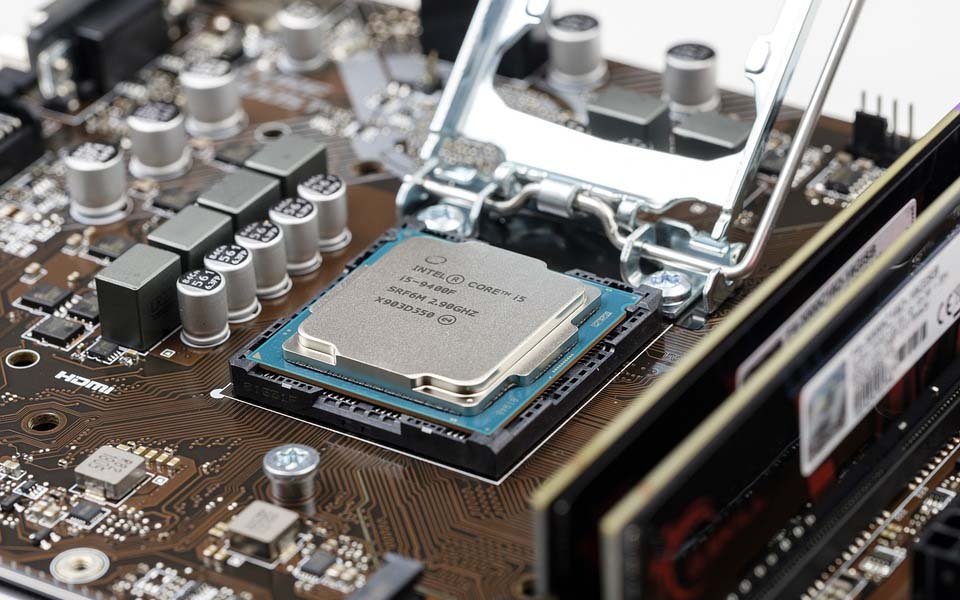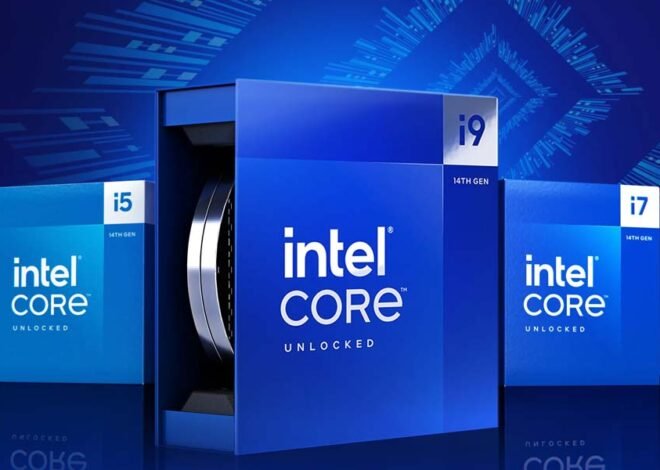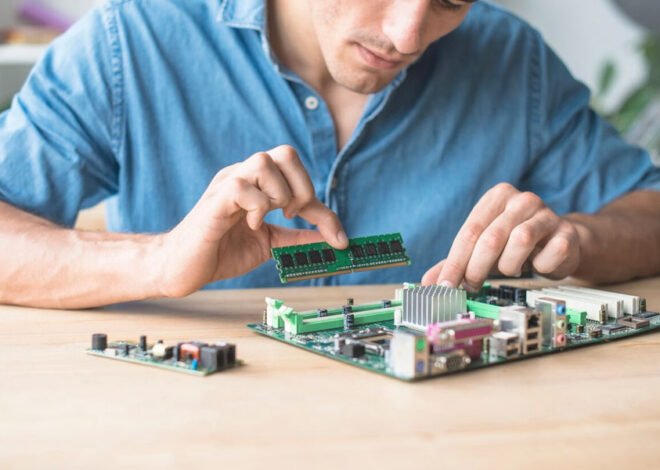
Is It Necessary to Have Both a CPU and GPU for Windows to Operate?
When setting up a computer, one common question that comes up is whether you need both a CPU and a GPU for Windows to function properly. Let’s break it down in a friendly, easy-to-understand way.
What Does the CPU Do?

The CPU, or Central Processing Unit, is the brain of your computer. It handles all the basic instructions that your computer needs to perform tasks. Whether you’re opening a web browser, running a word processor, or playing music, the CPU is doing the heavy lifting. In short, the CPU is absolutely essential for running Windows and pretty much everything else on your computer.
What About the GPU?

The GPU, or Graphics Processing Unit, is like the artist of your computer. Its main job is to render images, videos, and animations. If you’re into gaming, video editing, or any graphic-intensive tasks, the GPU is what makes everything look smooth and beautiful. But here’s the thing: while a GPU can greatly enhance performance in these areas, it’s not required for Windows to operate.
Integrated vs. Dedicated GPU
Here’s where things get interesting. Many modern CPUs come with integrated graphics. This means that the CPU itself includes basic graphics processing capabilities. For everyday tasks like browsing the web, watching videos, or using office applications, integrated graphics are usually more than enough.
A dedicated GPU, on the other hand, is a separate piece of hardware that you add to your system. It’s specifically designed for handling more demanding graphics tasks. If you’re a gamer, a video editor, or someone who works with 3D modeling, a dedicated GPU can make a big difference.
Do You Need Both?
So, do you need both a CPU and GPU for Windows to work? The simple answer is no. Windows can run perfectly fine with just a CPU, especially if it has integrated graphics. However, if you’re planning to do anything that requires heavy graphics processing, adding a dedicated GPU can significantly improve your experience.
For most users, a CPU with integrated graphics will handle day-to-day computing tasks without any issues. But if you want to play the latest games at high settings, or if you work with video editing software, a dedicated GPU becomes more of a necessity.
Conclusion
In summary, a CPU is essential for Windows to operate, while a GPU is optional but can enhance performance in specific areas. If your needs are basic, integrated graphics will likely suffice. But for a more powerful, graphics-intensive experience, a dedicated GPU is the way to go.



